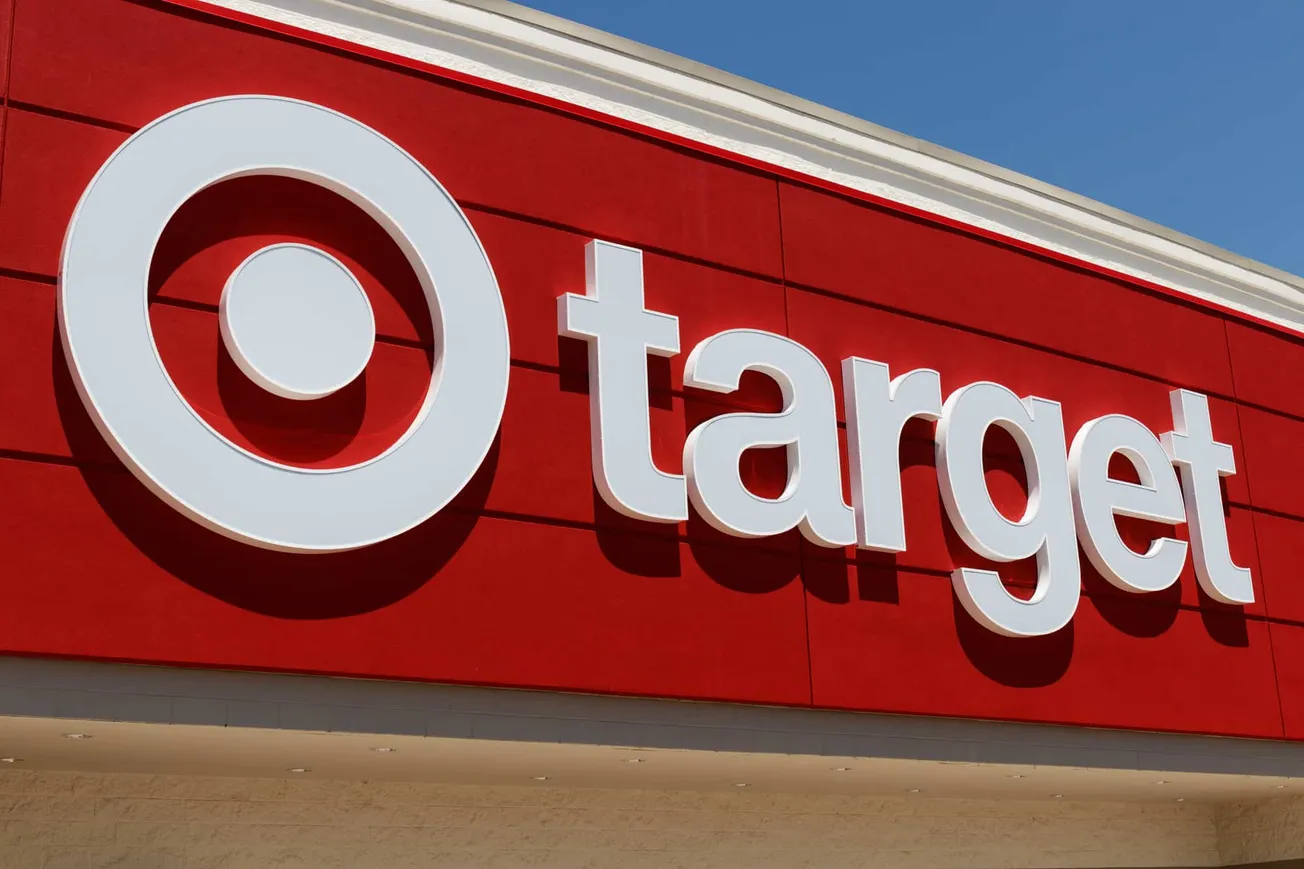WASHINGTON — Midterm election results that put Republicans in control of the Senate and strengthened the GOP’s hand in state capitals are being applauded by trade associations representing the nation’s retailers.
Midterm election results that put Republicans in control of the Senate and strengthened the GOP’s hand in state capitals are being applauded by trade associations representing the nation’s retailers.
The results improve the likelihood that key policy issues will be resolved in retailers’ favor, according to the National Retail Federation (NRF), the world’s largest retail trade association.
"Republicans have finally claimed the control of the Senate that has eluded them for the past two election cycles and are looking forward to a series of important legislative and regulatory battles with President Obama," says Matthew Shay, NRF’s president and chief executive officer.
"For the retail community, the next two years will offer a good chance to move ahead with patent litigation relief as well as some of our key agenda items such as tax reform and trade policies that have languished during the first six years of the Obama administration," Shay says.
Shay doesn’t expect repeal of the Affordable Care Act. "[But] specific ACA fixes could end up on the agenda," he says, "such as defining full-time work as 40 hours a week rather than 30 under the ‘employer mandate’ requirement to provide health coverage to full-time workers."
The National Association of Chain Drug Stores was engaged in this year’s midterm elections at an historic level through its bipartisan political action committee, which via fund-raisers and direct contributions furnished nearly $1.3 million to pharmacy-friendly candidates, says NACDS president and CEO Steve Anderson.
Anderson says that the committee made contributions in about one-quarter of the races for seats in the House of Representatives and 70% of U.S. Senate races. Although the outcomes of a few races were still undecided, the committee’s "winning percentage proved strong," Anderson says. Ninety-three percent of its House candidates prevailed, he says, as did 86% of the Senate candidates it backed.
New committee chairmen in the GOP-controlled Senate should elevate some pharmacy-friendly senators to key committee leadership, Anderson says: Orin Hatch of Utah is poised to chair the Finance Committee, and Lamar Alexander of Tennessee is likely to take the gavel at the Committee on Health, Education, Labor and Pensions.
Those gains are tempered by the losses by Democratic Sens. Kay Hagan of North Carolina and Mark Pryor of Arkansas, both of whom Anderson describes as leaders on pharmacy issues.
The Food Marketing Institute sees an opportunity to work with its state association partners to address new shifts in state legislatures, says FMI senior vice president of government and public affairs Jennifer Hatcher.
"We will strive to return to political engagement instead of political bickering," Hatcher says. "As grocers, we need our elected officials to follow the same model of fierce competition yet deep respect in order to move our country in the right direction. Without exception, winners … talked about working across party lines to get things done, which seemed to be top of mind for voters."





